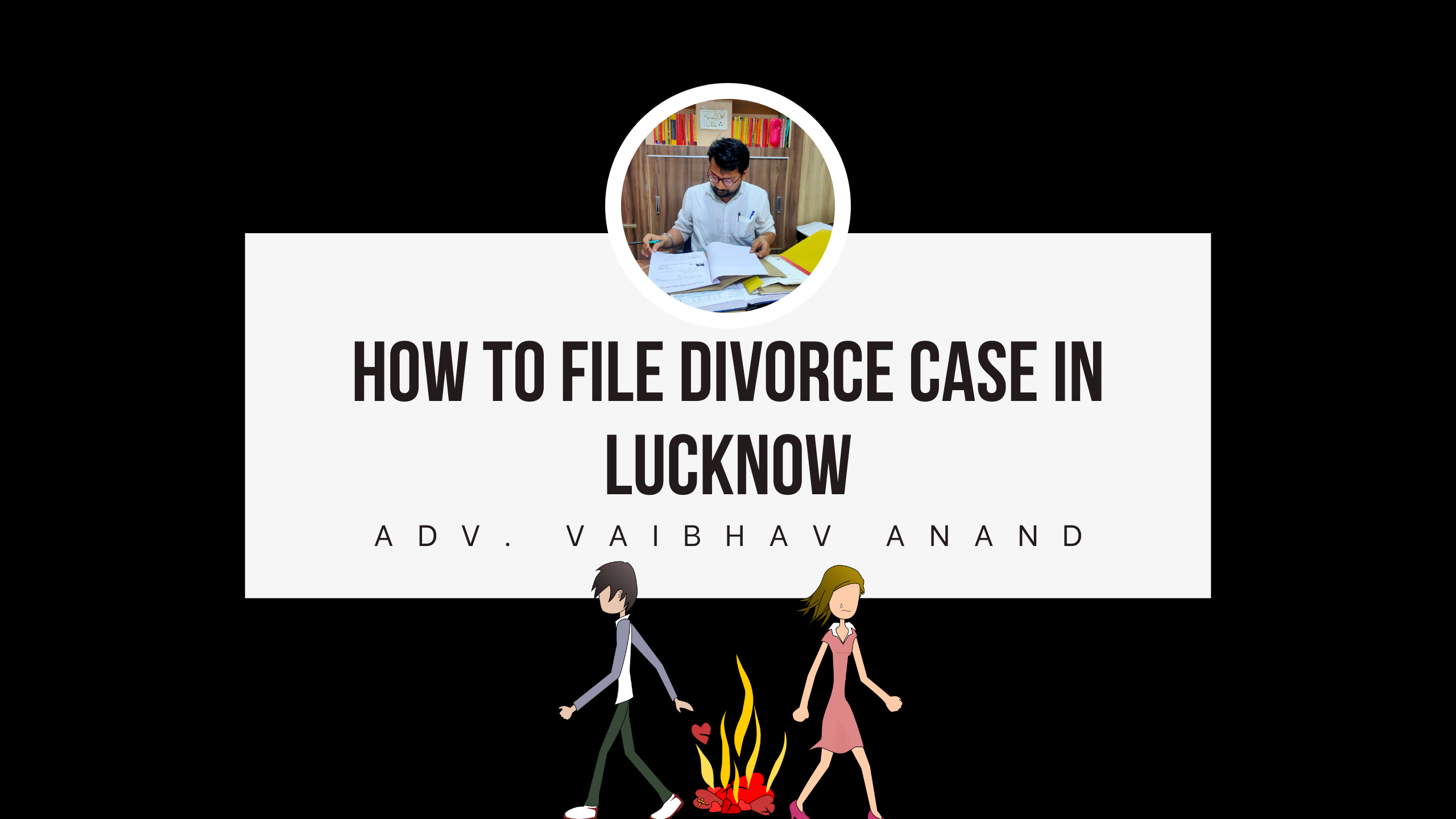Doctrine of Res Gestae, Conspiracy And Plea of Alibi

Contents of Article
Doctrine of Res Gestae
It is said to be the principle of the part of the transaction. Every fact or a principle which form as a part of transaction constitutes Res Gestae. This phrase means “things done” in Latin. ‘The things done in the course of transaction’ was the translation made in English. The doctrine of Res Gestae is not accurately followed in the federal courts, it is considerable felt exceptional as in the matter of hearsay and shall not be considered as absolute.
The hearsay evidence is not absolute evidence because there is no accuracy or fairness to be certain in that evidence. In the case of Carroll Vs Guffey[1], it was a car crash accident case with appeal. The statements of the witness were not considered in case that identified car crash, it was said to be a matter of the hearsay. In case of personally experienced and seen issues, the hearsay is exceptional in the Res Gestae.
The Res Gestae is explained fully or partly by the act that has been expressed by the physical act and the exclamations that has surfaced and the individual state of the mind.
Conspiracy
The term conspiracy is termed to be the group and secret work in delivery of the crime or an unlawful act. Section 10 of the Indian Evidence Act, 1872 deals with the relevancy of the facts and the conspiracy aspects to the common design. In case of any sufficient grounds related with context of conspiracy that comes under the relevancy of the facts. The fact context with the evidence that proves alleged conspirators or the facts that proved the conspiracy existence.
If the statement made by conspirator is find to be relevant with the fact or the things done and exhibit Res Gestae that become admissible. It is totally a confidential issue and it is not expected to be proved from the prosecution side[2].
The questions put forth by can lead to the prima facie that establish the evidence of the conspiracy[3]. The confession made in front of the magistrate against the conspirator is admissible under the section 30 of the Indian Evidence Act[4].
Plea of Alibi
The term alibi is derived from Latin which means occurred elsewhere. The alibi meaning is that the accused was present elsewhere during the occasion of the crime. When the plea of alibi is taken by the accused, the burden of proof[5] lies on him. The plea of alibi is dealt with the relevancy of the fact, under section 11 of the evidence act. The plea should me at the early stage of the case, so that this can be dealt in the preliminary hearing itself.
In the case of Binay Kumar Singh Vs State of Bihar[6], it was said that the plea of alibi is not an exception to the Indian Penal Code, it is checked for the inconsistency in the fact which are relevant to the case.
The plea of alibi is not maintainable in the defamation suits and matrimonial cases. Sometimes, in Canadian law, it is exceptional in the instance right to silence. The plea of alibi should only made by the accused. There should be solid evidence which supports the plea made[7].
Illustration: A was accused with murder of B in Kerala, A claims that he was in Delhi during the said time of murder. The burden of proof lies with A to backup the statement that he was in Delhi in the said time.
In the case of Nirmal Singh V. State of Haryana[8], it was said that if the burden of proof is failed by the accused, then for the prosecution side will be successful beyond any reasonable doubt.
Other relevant fact
Occasion, Cause and Effect
Section 7 deals with the facts which are occasion, cause, effect etc., in issue.
Illustration: In the question “whether A murdered B?” the facts such as, the marks found on the ground produced by the struggle or the near place are relevant.
In the case of a girl who was found dead in the cottage alone, the time of the murder is the relevant fact[9] (Occasion). In the same case, it was held to be a murder where the footprints of the killer were found in the cottage and it is a relevant fact (effect). In the issue of cause, the motive of the incident is counted. If a person has a huge debt, he might kill the other for the money. In the case where the election winning candidate is murdered, someone who was defeated n the election will be the person with the motive who can cause the murder.
The Calcutta High Court, in Indian Airlines V. Madhuri Chowdhury[10] the report of the enquiry commission relating to the air crash is relevant in every subsequent proceeding in which the cause of the accident is in question.
Motive, Preparation and Conduct
Section 8 of the Indian Evidence Act deals with Motive, Preparation and Conduct. A case in which a wife was all alone with her husband and drowned while swimming with her husband where she was a good swimmer leads to the enquiry and the fact which the husband had a affair with another woman[11] is a relevant fact under motive. The section further provides act of preparation are relevant. The act where the accused hired a revolver before the few days of incident is relevant[12] under the words of preparation.
The state of the person’s mind is reflected by one’s conduct. The conduct of the Parties to the suit or a proceeding or of their agents, this category would include the conduct of the parties in civil suit accused of the criminal proceedings. It was hinted in the case of Queen- Empress Vs. Abdullah[13]
Explanatory, Introductory etc., Facts
The facts that are necessary to explain or introduce the a issue or the fact is said to be relevant. The section 9 of the Indian Evidence Act deals with the explanatory , Introductory facts.
Evidence to prove conspiracy
Section 10 of the Indian Evidence Act deals with the things said or done by the conspirator in reference to common design.
The reasonable grounds that exist for believing that the person has joined in a conspiracy to commit a unlawful act are relevant. Ghulam Din Buch V J & K[14], State employees and carriage contractors in conspiracy, Section 10 attracted, inter se conspiracy between the contractors not relevant.
Section 11 deals with, when facts not otherwise relevant become relevant. The question whether A committed a crime in Delhi on a certain day, and the fact that A was in Kerala is relevant. That this section deals with the fact that has ordinarily nothing to do with the case are relevant, but they become relevant only by the virtue of the fact, the relevant fact are either probable or improbable[15].
Section 12 of the Act deals with the ‘in suits for damages, facts tending to enable court to determine amounts are relevant’. The facts that are held in the court and the damages awarded is ought to be a relevant one. Section 13 of the act deals with the facts relevant when right or custom is in question. In the case of Tirumala Tirupati Devasthanams V. K.M. Krishniah[16] it was held that a judgement in a dispute over the same land between two other persons could be used by the party in the case in which the same land is in dispute through he was not a party to the earlier proceeding.
Section 14 of the act deals with the facts showing existence of state of mind, or of body or bodily feeling. The state of mind or body or the bodily feeling is said in the section.
Evidence of the similar Facts
The facts bearing on question whether act was accidental or intentional is dealt under the section 15 of this act. The system or design or to overthrow the defence of accident is to be proved. The mental element is the section is also to be proved under the section.
The similar fact of evidence rule of practice and not the law is excluded[17]. Section 16 of the act deals with the existence of course of business when relevant, that the things done in the course of business and the rebuttable presumption[18].
[1] 20 Ill. App. 2d 470, 156 N.E.2d 267
[2] Badri Rai, AIR 1958 SC 953.
[3] Contra Sardar Sardul Singh v. State of Maharashtra, AIR 1965 SC 681
[4] Emperor v. Abani Bhushan Chuckerbutty, (1910) 38 Cal 169 (SB).
[5] Section 103 of the Indian Evidence Act
[6] (1997) 1 SCC 283
[7] https://indianlegalsolution.com/plea-of-alibi/
[8] CRIMINAL APPEAL NOS. 874 OF 1996 (ARISING OUT OF SLP (CRL.) No. 1742/1996)
[9] R v. Richardson
[10] A.I.R 1965 Cal . 252
[11] Ratten v. Reginam (1971) 3 All E.R. 801.,
[12] R V. Palmer
[13] (1885) 7 All. 385 (F.B.)
[14] (1996) 9 S.C.C 239 : A.I.R. 1996 S.C. 1568
[15] Commissioner of I.T. v. Kamala Town Trust, (1996) 7 S.C.C. 349
[16] AIR 1998 S.C. 1132 : (1998) 3 S.C.C 131
[17] Harris V. D.P.P.. (1952) A.C. 694 at 705
[18] Mobarik Ali Ahamad V. State of Bombay , A.I.R. 1957 S.C. 857 at pp. 865








